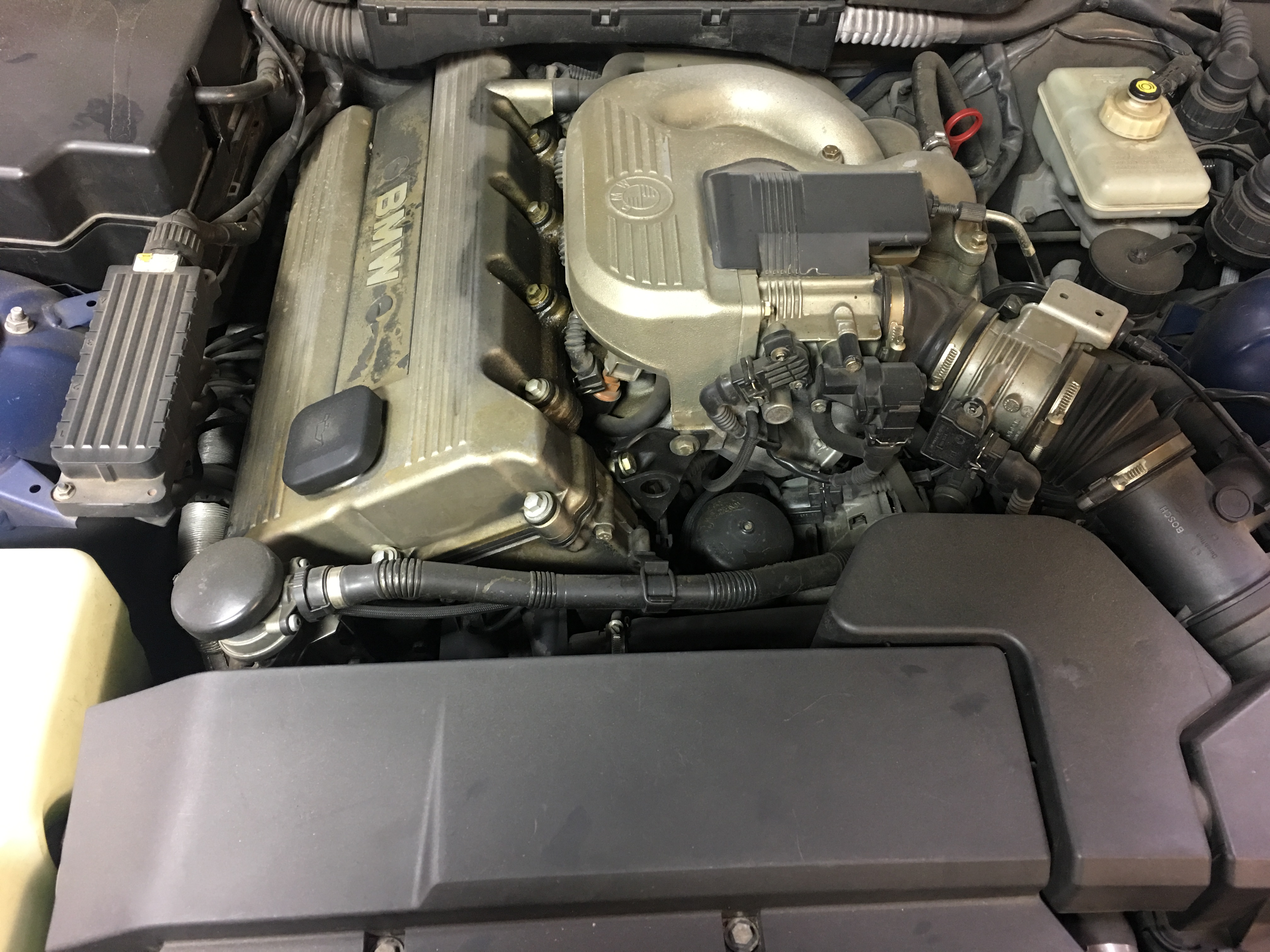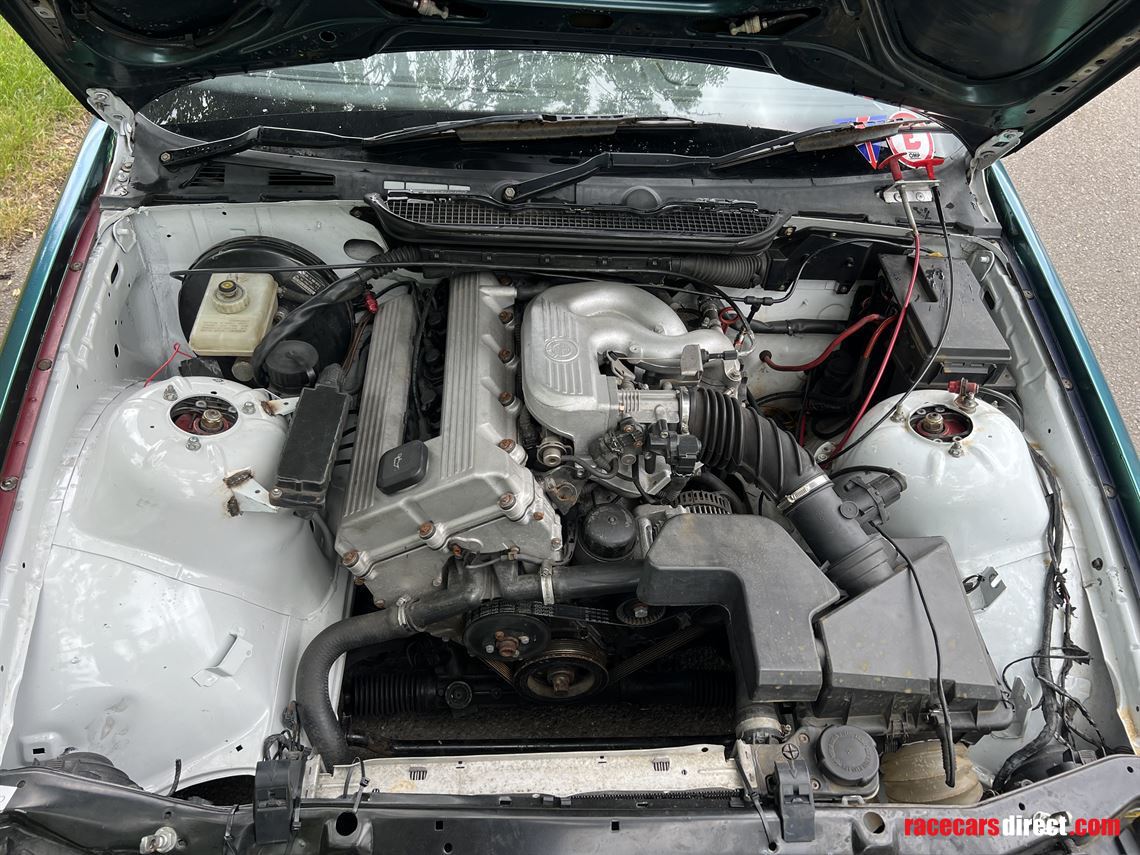Why the BMW 318ti Is a Top Choice for Auto Fanatics
Why the BMW 318ti Is a Top Choice for Auto Fanatics
Blog Article
Trick Features to Look for When Purchasing an Engine for Automotive Applications
When taking into consideration the acquisition of an engine for vehicle applications, numerous key attributes necessitate careful analysis to guarantee optimal performance and functionality. From power and performance abilities to sustain resilience, adherence, and efficiency to exhausts requirements, each element plays an essential duty in identifying the engine's suitability for details automobile demands. Cost-effectiveness continues to be a crucial variable in the decision-making process, balancing high quality with economic factors to consider. These attributes collectively contribute to the overall effectiveness and dependability of the engine, affecting the driving experience and long-term fulfillment of the individual.
Power and Efficiency
When choosing an automotive engine, customers prioritize power and efficiency to guarantee ideal driving experience and efficiency. A well-performing engine not just delivers power successfully but also runs smoothly across various rate varieties and driving problems.
Buyers often think about the engine's torque result together with its power rating. Torque, measured in pound-feet (lb-ft) or Newton-meters (Nm), reflects the engine's rotational pressure, influencing the car's capability to tow, climb slopes, and speed up from standstill. An equilibrium in between power and torque is critical for achieving a functional and responsive driving experience. In addition, factors such as engine hybrid, displacement, and turbocharging modern technologies play significant duties in improving both power and efficiency degrees. Inevitably, choosing an engine that uses a powerful mix of power and performance guarantees a gratifying and efficient driving experience. bmw 318ti.
Fuel Efficiency
Optimizing fuel effectiveness is a critical factor to consider for customers when evaluating automobile engine options. Modern engines with functions like direct gas injection, turbocharging, and variable valve timing can considerably boost fuel performance by improving burning processes and minimizing power loss.

Resilience and Integrity
Attaining lasting performance and dependable procedure is necessary for consumers examining the sturdiness and integrity of automobile engines. When taking into consideration an engine for automobile applications, resilience refers to the engine's capability to stand up to wear, tension, and rough operating problems over an extended period. Integrity, on the other hand, indicates that the engine can continually perform its designated feature without unanticipated malfunctions or failures.
Consumers should seek engines built with high-quality materials and exact design to make sure durability. Parts such as crankshafts, bearings, and pistons ought to be long lasting to take care of the engine's power outcome without premature wear. Additionally, engines geared up with innovative air conditioning systems, effective lubrication, and durable purification devices have a tendency to show greater degrees of integrity.
Normal maintenance and adherence to producer recommendations are also important consider protecting an engine's resilience and integrity. By adhering to upkeep schedules, using recommended liquids, and addressing any kind of concerns immediately, customers can take full advantage of the life-span and efficiency of their automotive engines. Eventually, focusing on longevity and reliability in engine choice can result in a more rewarding ownership experience with fewer unforeseen interruptions.
Emissions Compliance
Guaranteeing conformity with emissions regulations is an important aspect of assessing vehicle engines for ecologically aware consumers. With boosting issues regarding air top quality and environmental effect, stringent discharges standards have been put in place around the world to decrease hazardous pollutants launched into the atmosphere. When purchasing an engine for auto applications, it is vital to consider its exhausts conformity to decrease the carbon footprint and comply with legal needs.
Modern engines are outfitted with advanced emission control innovations such as catalytic converters, exhaust gas recirculation (EGR) systems, and careful catalytic decrease (SCR) to minimize hazardous exhaust gases like nitrogen oxides (NOx), carbon monoxide gas (CARBON MONOXIDE), and hydrocarbons (HC) These systems play a critical role in ensuring that the engine meets the specified emissions criteria and operates within permissible limitations.

Cost-effectiveness
When taking into consideration automobile engine acquisitions, assessing cost-effectiveness is paramount for consumers looking for both efficiency and value. It incorporates the total expenses related to upkeep, fuel consumption, and prospective repair work over the engine's life expectancy.
One key facet of cost-effectiveness is gas performance. Engines that are designed to take full advantage of gas economic situation can result in significant financial savings with time, specifically for people that drive regularly or over fars away. In addition, thinking about the schedule and price of extra parts and maintenance can add to the overall cost-effectiveness of an engine. Making certain that repair and maintenance are reasonable and easily accessible can avoid unexpected economic worries down the line.

Conclusion
Finally, when buying an engine for automotive applications, it is essential to consider crucial functions such as power and efficiency, gas dependability, toughness and effectiveness, discharges conformity, and cost-effectiveness. These elements are vital in ensuring that the engine meets the demands of the car and operates properly in numerous driving problems - bmw 318ti. Making a notified decision based upon these criteria will ultimately result in a successful and reliable vehicle engine acquisition
From power and efficiency capacities to sustain effectiveness, resilience, and adherence to discharges standards, each element plays a vital duty in identifying the engine's viability for details automobile demands. Engines developed to run on alternative fuels pop over to this site such as electric power, crossbreed systems, or biofuels can offer improved fuel economic situation and reduced exhausts contrasted to conventional gasoline or diesel engines. Consumers should thoroughly consider the fuel efficiency rankings and innovations incorporated into automotive engines to make enlightened purchasing choices that straighten with their concerns for expense financial savings and sustainability.
When thinking about an engine for vehicle applications, durability refers to the engine's capability to withstand wear, stress, and severe operating conditions over an extended duration.In final thought, when acquiring an engine for automotive Recommended Reading applications, it is important to take into consideration key attributes such as power and efficiency, gas efficiency, longevity and reliability, emissions compliance, and cost-effectiveness.
Report this page